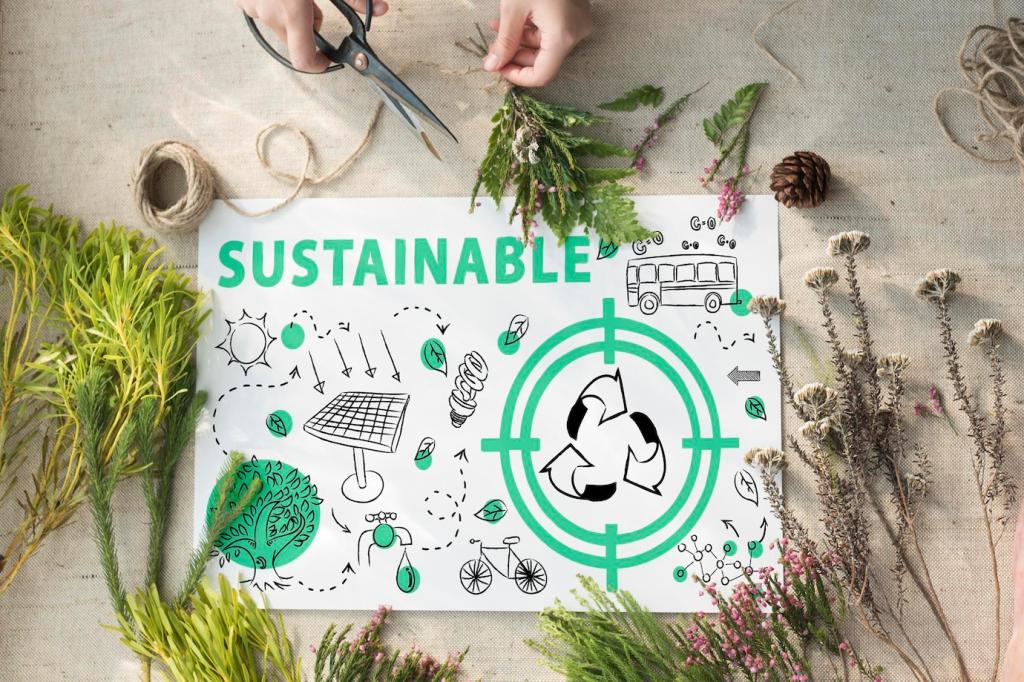Kreislaufdenken: Bauen als Materialbank
Schrauben statt kleben, modulare Raster, demontierbare Fassaden: So lässt sich ein Haus sortenrein zerlegen. In einer Halle wurden komplette Träger wieder eingebaut. Erzähle uns, welche reversiblen Details du bevorzugst und warum.
Kreislaufdenken: Bauen als Materialbank
Materialpässe dokumentieren Herkunft, Schadstoffe und Wiederverwendbarkeit. Ein Quartier verwaltet seine Bauteile über einen digitalen Zwilling und eine klare Kennzeichnung. Interesse an Vorlagen? Abonniere, wir teilen praxisnahe Checklisten und Beispiele.


